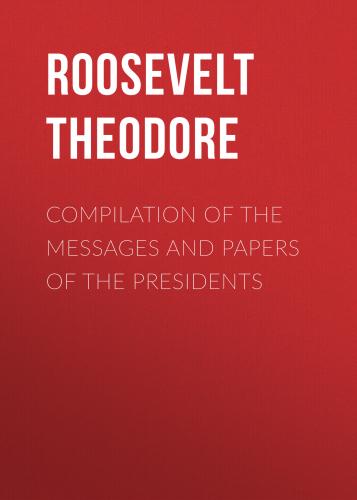The necessary foundation has already been laid for the inauguration of the policy just described. It would be unwise to begin by doing too much, for a great deal will doubtless be learned, both as to what can and what cannot be safely attempted, by the early efforts, which must of necessity be partly experimental in character. At the very beginning the Government should make clear, beyond shadow of doubt, its intention to pursue this policy on lines of the broadest public interest. No reservoir or canal should ever be built to satisfy selfish personal or local interests; but only in accordance with the advice of trained experts, after long investigation has shown the locality where all the conditions combine to make the work most needed and fraught with the greatest usefulness to the community as a whole. There should be no extravagance, and the believers in the need of irrigation will most benefit their cause by seeing to it that it is free from the least taint of excessive or reckless expenditure of the public moneys.
Whatever the nation does for the extension of irrigation should harmonize with, and tend to improve, the condition of those now living on irrigated land. We are not at the starting point of this development. Over two hundred millions of private capital has already been expended in the construction of irrigation works, and many million acres of arid land reclaimed. A high degree of enterprise and ability has been shown in the work itself; but as much cannot be said in reference to the laws relating thereto. The security and value of the homes created depend largely on the stability of titles to water; but the majority of these rest on the uncertain foundation of court decisions rendered in ordinary suits at law. With a few creditable exceptions, the arid States have failed to provide for the certain and just division of streams in times of scarcity. Lax and uncertain laws have made it possible to establish rights to water in excess of actual uses or necessities, and many streams have already passed into private ownership, or a control equivalent to ownership.
Whoever controls a stream practically controls the land it renders productive, and the doctrine of private ownership of water apart from land cannot prevail without causing enduring wrong. The recognition of such ownership, which has been permitted to grow up in the arid regions, should give way to a more enlightened and larger recognition of the rights of the public in the control and disposal of the public water supplies. Laws founded upon conditions obtaining in humid regions, where water is too abundant to justify hoarding it, have no proper application in a dry country.
In the arid States the only right to water which should be recognized is that of use. In irrigation this right should attach to the land reclaimed and be inseparable therefrom. Granting perpetual water rights to others than users, without compensation to the public, is open to all the objections which apply to giving away perpetual franchises to the public utilities of cities. A few of the Western States have already recognized this, and have incorporated in their constitutions the doctrine of perpetual State ownership of water.
The benefits which have followed the unaided development of the past justify the nation's aid and co-operation in the more difficult and important work yet to be accomplished. Laws so vitally affecting homes as those which control the water supply will only be effective when they have the sanction of the irrigators; reforms can only be final and satisfactory when they come through the enlightenment of the people most concerned. The larger development which national aid insures should, however, awaken in every arid State the determination to make its irrigation system equal in justice and effectiveness that of any country in the civilized world. Nothing could be more unwise than for isolated communities to continue to learn everything experimentally, instead of profiting by what is already known elsewhere. We are dealing with a new and momentous question, in the pregnant years while institutions are forming, and what we do will affect not only the present but future generations.
Our aim should be not simply to reclaim the largest area of land and provide homes for the largest number of people, but to create for this new industry the best possible social and industrial conditions; and this requires that we not only understand the existing situation, but avail ourselves of the best experience of the time in the solution of its problems. A careful study should be made, both by the Nation and the States, of the irrigation laws and conditions here and abroad. Ultimately it will probably be necessary for the Nation to co-operate with the several arid States in proportion as these States by their legislation and administration show themselves fit to receive it.
In Hawaii our aim must be to develop the Territory on the traditional American lines. We do not wish a region of large estates tilled by cheap labor; we wish a healthy American community of men who themselves till the farms they own. All our legislation for the islands should be shaped with this end in view; the well-being of the average home-maker must afford the true test of the healthy development of the islands. The land policy should as nearly as possible be modeled on our homestead system.
Конец ознакомительного фрагмента.
Текст предоставлен ООО «ЛитРес».
Прочитайте эту книгу целиком, купив полную легальную версию на ЛитРес.
Безопасно оплатить книгу можно банковской картой Visa, MasterCard, Maestro, со счета мобильного телефона, с платежного терминала, в салоне МТС или Связной, через PayPal, WebMoney, Яндекс.Деньги, QIWI Кошелек, бонусными картами или другим удобным Вам способом.
